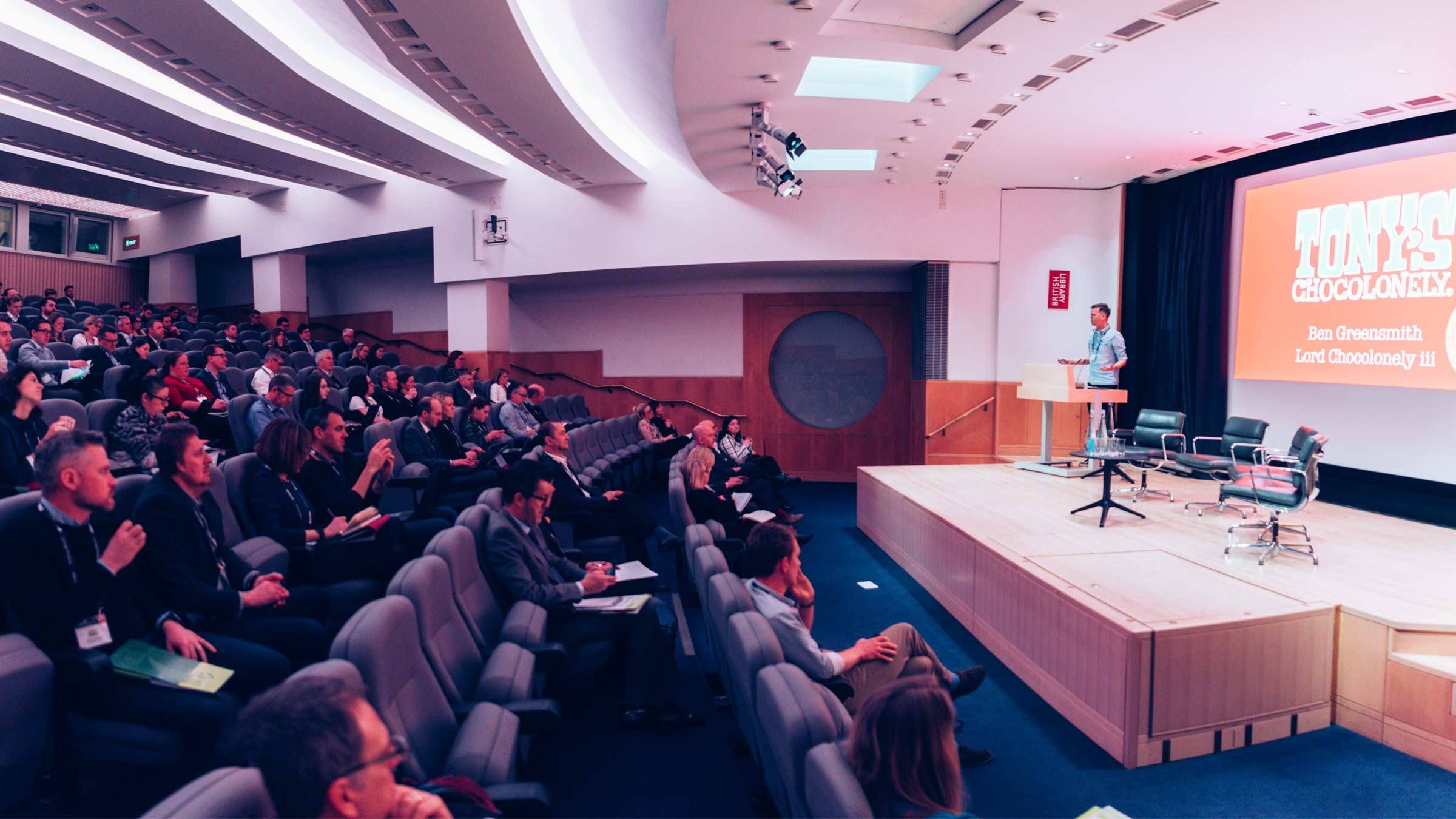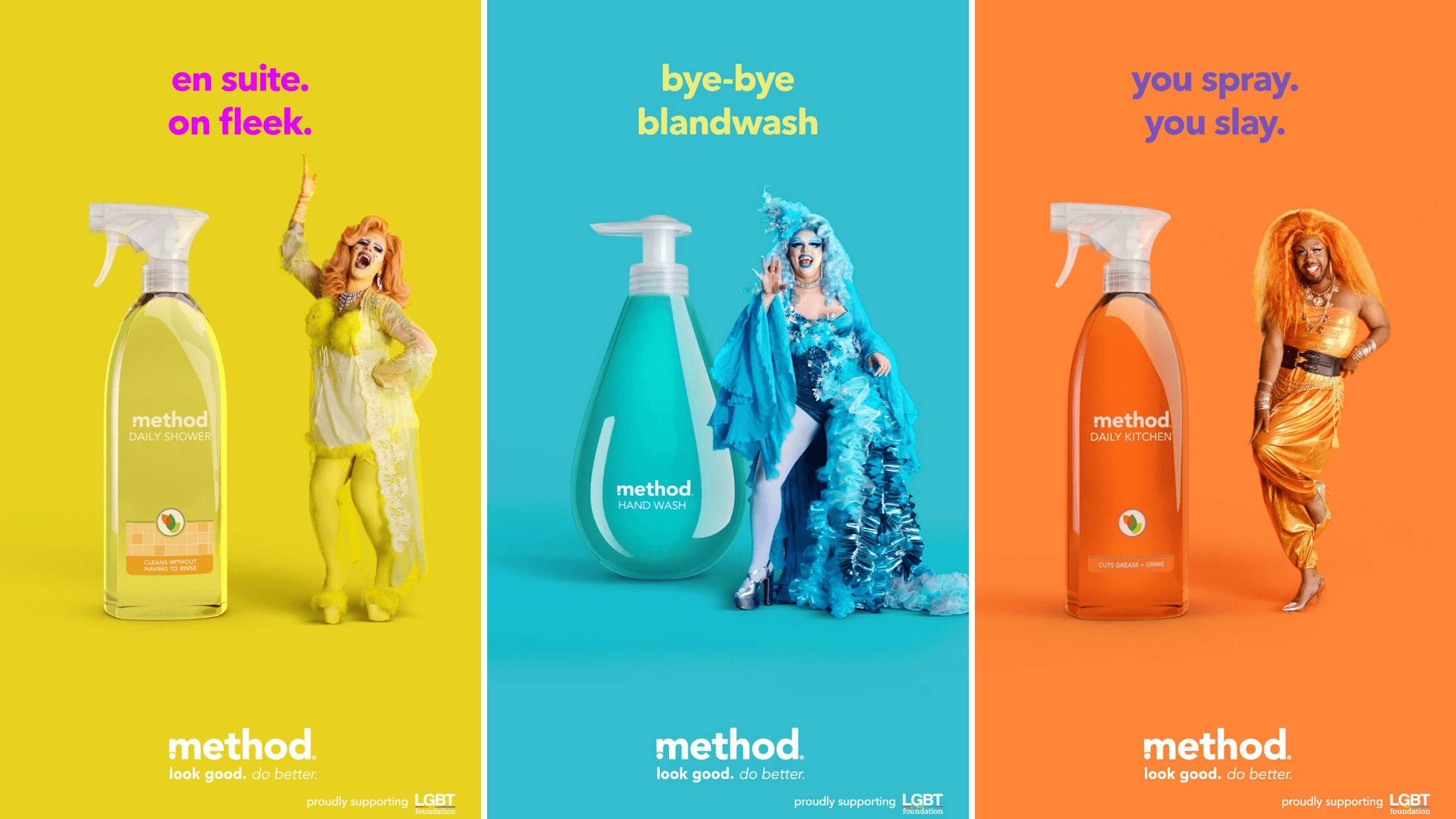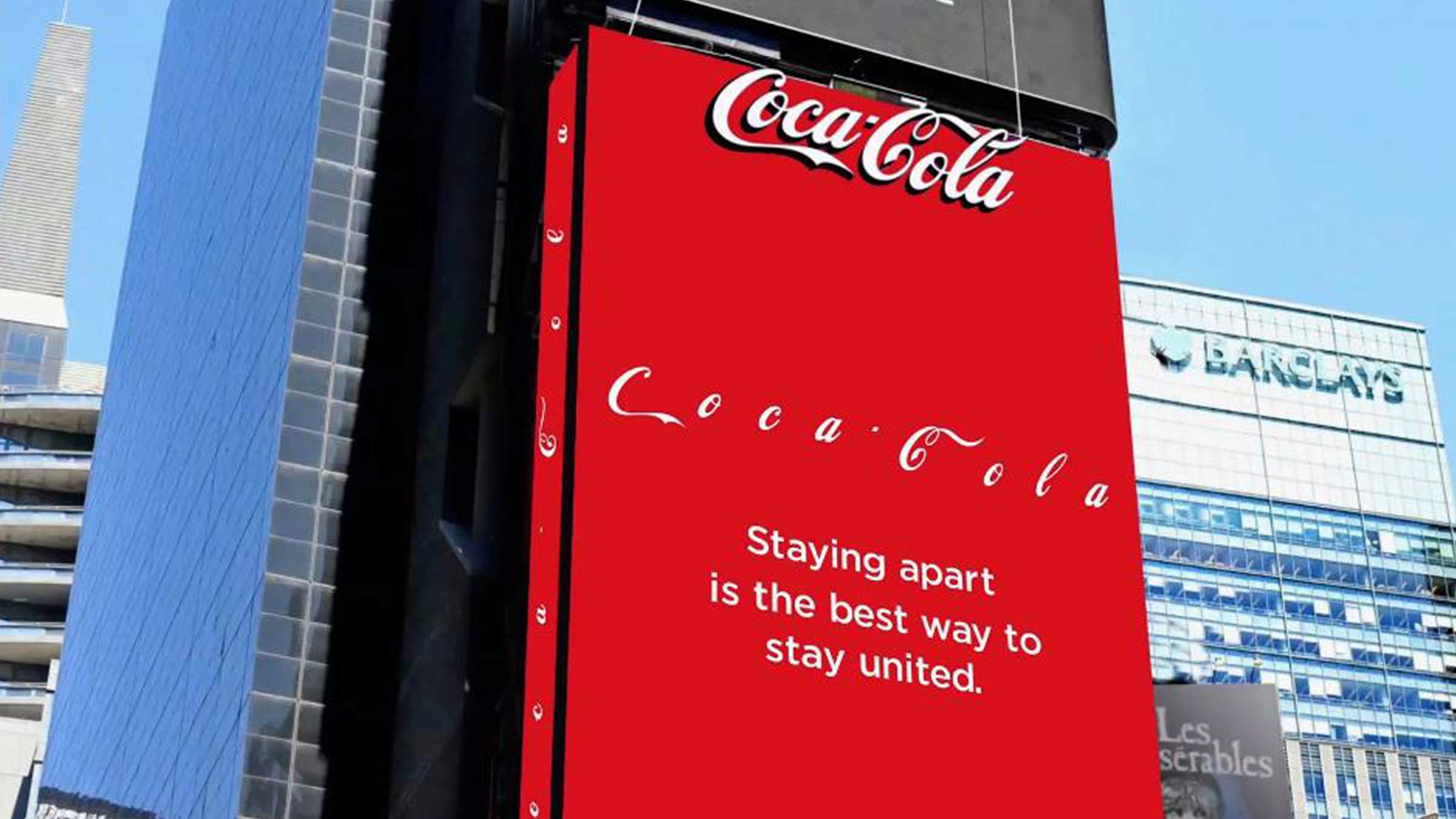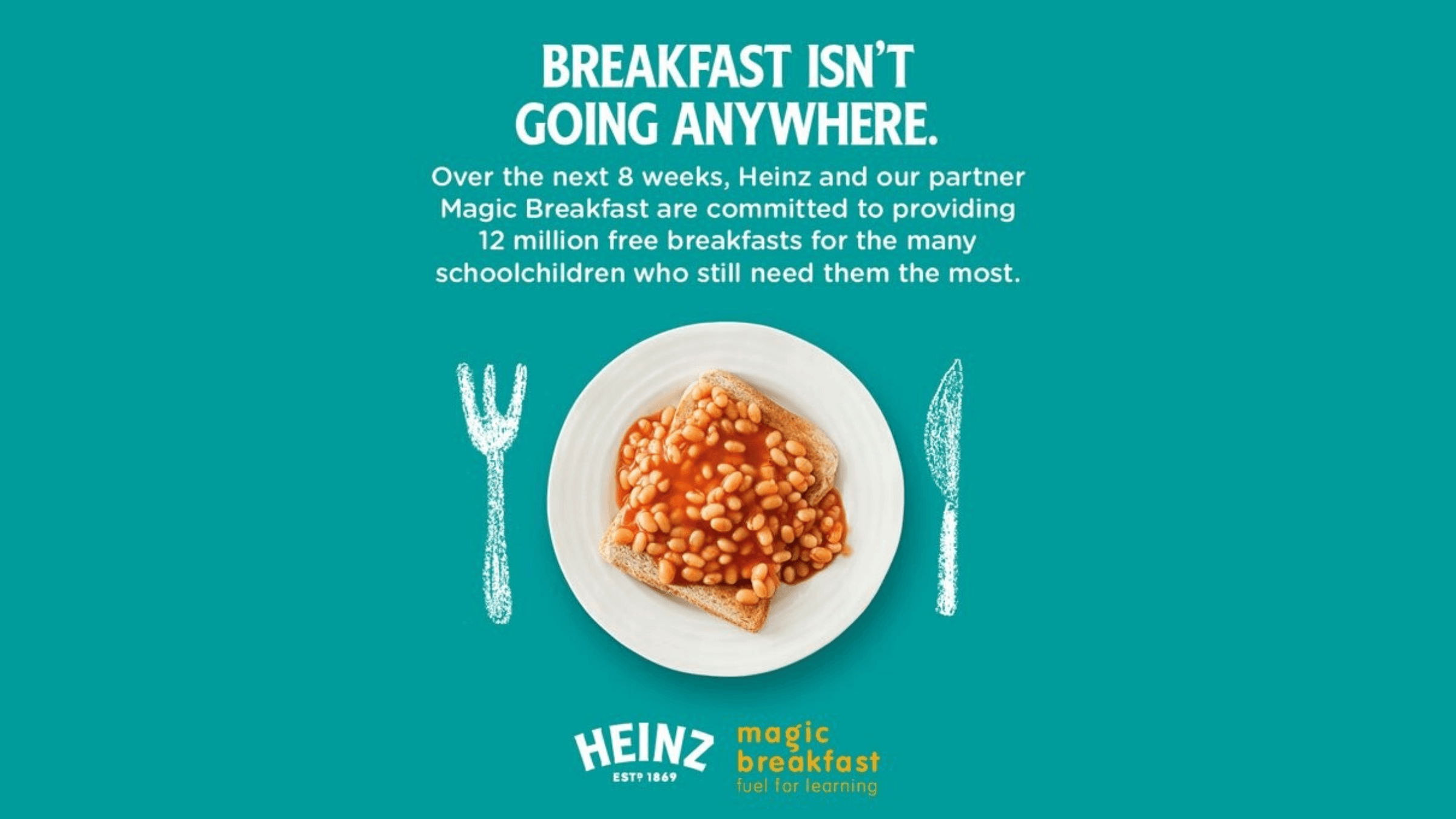Purpose. We have heard this word be used time and time again by candidates talking about their own career aspirations – but never has the term had so much practical gravity than now. In the midst of the current Covid-19 pandemic, we have all been forced to examine our individual, collective and corporate purpose at a pace and scale previously thought unfathomable.
As the crisis continues to send shockwaves through the consumer sector and beyond, it is fascinating to see how brands in the space are reevaluating their operations, revising their messaging and putting the health and wellbeing of their customers and colleagues ahead of bottom line growth.
“As the crisis continues to send shockwaves through the consumer sector and beyond, it is fascinating to see how brands in the space are reevaluating their operations, revising their messaging and putting the health and wellbeing of their customers and colleagues ahead of bottom line growth.”
We have seen genuine purpose manifested across the sector this week, as consumer companies rally at phenomenal speed to combat the ensuing crisis. There are too many to mention here, but a few examples can be found in Diageo and AB InBev’s use of excess alcohol for hand sanitiser production, Heinz’s offer to provide replacement school meals to 12 million children and Pret A Manger’s supply of discounted coffee and food to NHS workers.
Furthermore, it is bolstering to see inter-corporate support taking place in schemes such as Neighbourly – a new fund for organisations helping those most at risk during the outbreak, supported by the likes of Danone UK and Ireland, Coca-Cola European Partners and M&S.
The massive efforts of the manufacturers, grocers and logistic providers to continue to feed the nation have been truly inspiring. But so too have we seen, prior to the enforced measures, true corporate social responsibility in the very difficult decision to close outlets for the protection of others – McDonald’s and Gregg’s being examples of those companies that led the way.
While it is inspiring to see brands’ reactionary responses to the coronavirus pandemic, this behaviour is not a new phenomenon. Indeed, the notion of purpose has been rapidly rising up the agenda for many months and has become a key priority for startups and blue-chip businesses alike. Where once we might have seen an individual marketing campaign address a pressing social issue, now we are witnessing the birth of brands with purpose hard-wired into their DNA, and multinational corporations undertaking purpose-driven reviews of every element of their business operations.
“Where once we might have seen an individual marketing campaign address a pressing social issue, now we are witnessing the birth of brands with purpose hard-wired into their DNA, and multinational corporations undertaking purpose-driven reviews of every element of their business operations.”
I was reminded of this when, just over two weeks ago, my colleague Joseph and I attended The Grocer conference – this year named How to Have Purpose. Looking back at what feels like a lifetime ago, it feels particularly poignant that this event was one of the last gatherings to take place in the industry for what will probably be for quite some time.
One particular highlight of the day was hearing Ben Greensmith speak from Tony’s Chocolonely, a Dutch chocolate brand with purpose at its very core. The company’s mission is to draw attention to – and ultimately eradicate – the modern slavery that exists within the chocolate industry. Most notably, Ben’s presentation at the conference was a stark reminder of how an authentic approach to purpose can drive commercial growth: Tony’s Chocolonely is now the biggest chocolate brand in the Netherlands.

This sort of case study is not unique, and there is a plethora of examples of organisations that have built their brands primarily on purpose and are consequently reaping the rewards. In the milk category, challenger brands like Oatly and Rude Health are disrupting the market with their purpose-driven approach. In household products, People Against Dirty’s Ecover is reimagining cleaning products to guarantee their low impact on the environment – check out the Professor Green-fronted ‘Laundry Against Landfill’ campaign. Furthermore, People Against Dirty’s Method brand has partnered with the LGBT Foundation for a mission to clean up toxic stereotypes in a fabulous social campaign.
This renewed focus on purpose is not exclusive to young challenger brands. In FMCG, we have seen a number of blue-chip businesses review their brand portfolio and scrutinise their supply chain, with the view to bringing their organisations in line with particular ethical, social or environmental standards. These sorts of corporations are growing increasingly conscious of their own impact, and it has been an interesting exercise to study how businesses are integrating purpose into their offering while continuing to be commercially successful.

In the next few months, we can expect the role of CSR to evolve dramatically and become increasingly business-critical. Indeed, if this period has taught us anything already, it is that companies which demonstrate real purpose and humanity are met with customer and employee loyalty. There have already been a number of examples of morally-dubious activities from AI-led companies, which are ramping up their prices to capitalise on the increased demand due to the virus. One has to ask: Is this the right time for that? Is there a human element missing? Going forward, these will be questions that CEOs will have to answer.
As we emerge from this period of uncertainty and upheaval, we can expect brands that have authentically led with purpose to witness market share gains and achieve higher employee satisfaction. In a recent piece of research from Deloitte, it was found that businesses driven by purpose not only build deeper connections with consumers, but also attract and retain the best talent. As a result, such businesses grow three times faster than their competitors. Ultimately, consumers will vote in the aisles and genuine purpose will commercially prevail.
“From a consumer point of view, brands that are seen to be doing the right thing in these difficult times will win in the long term – and those seeking short-term profits at the expense of society will be questioned.”
From a consumer point of view, brands that are seen to be doing the right thing in these difficult times will win in the long term – and those seeking short-term profits at the expense of society will be questioned. At MBS, our purpose will be to continue to support the consumer sector we serve in any way that we can, and to share best practice and inspiring stories which we hope others can benefit from. Our daily newsletter, The MBS News, will now feature a section dedicated to those stories, so please do reach out if you have initiatives, policies or acts of kindness that you would like us to share.
Huw.llewellynwaters@thembsgroup.co.uk | Joseph.ball@thembsgroup.co.uk | @TheMBSGroup









